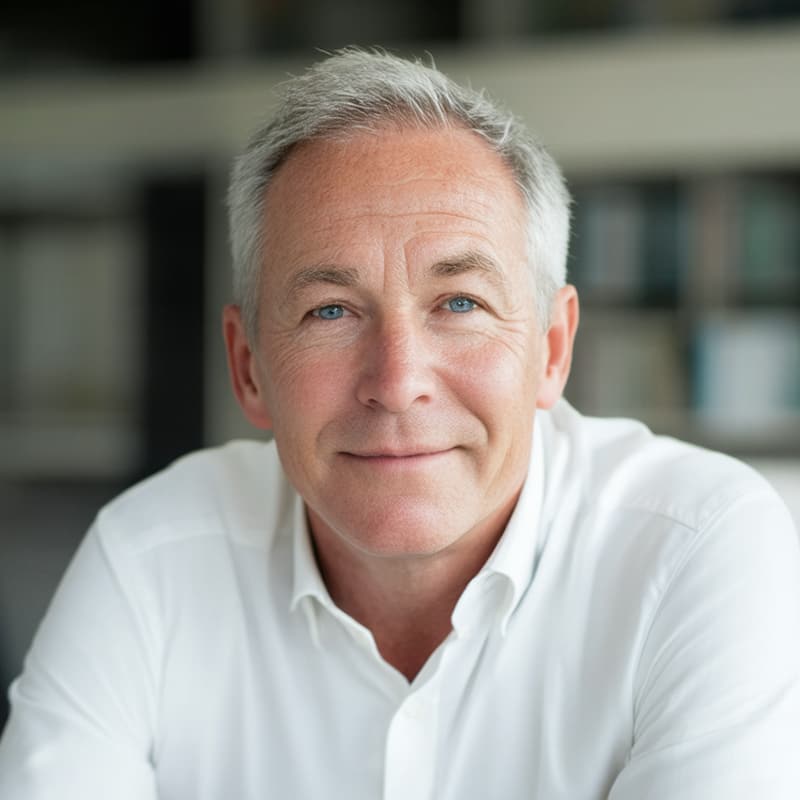What Is 1,4-Dioxane and Why Is It a Concern?
1,4-Dioxane is a byproduct that can form during the manufacturing of ethoxylated ingredients like Sodium Laureth Sulfate (SLES), a commonly used surfactant in shampoos, body washes, and facial cleansers. It is not an intentionally added ingredient but may be present in trace amounts.
Multiple studies have indicated that 1,4-dioxane is a potential human carcinogen, especially through prolonged exposure. Although it’s typically found in low concentrations in finished products, long-term accumulation and systemic absorption have raised safety concerns.

Regulatory Attention Around the World
Due to its carcinogenic classification by the U.S. Environmental Protection Agency (EPA) and California Proposition 65, regulatory agencies across the globe are now requiring strict monitoring and limitation of 1,4-dioxane in consumer products:
- United States (FDA / Prop 65): While not banned, 1,4-dioxane is being closely monitored. California mandates clear labeling if present above defined thresholds.
- EU Cosmetics Regulation: Encourages manufacturers to minimize impurities like 1,4-dioxane in accordance with GMP (Good Manufacturing Practices).
- Japan & ASEAN: Require declaration and may restrict usage in certain cosmetic applications.
More retailers and brands are also adopting “free from” claims to meet clean beauty expectations, including “1,4-dioxane-free” product positioning.

How BookChem Ensures Safer Formulations
At BookChem, ingredient safety and compliance are fundamental to how we serve personal care and cosmetic industries. That’s why we prioritize:
Low 1,4-Dioxane Ethoxylation
We work with manufacturers who follow advanced ethoxylation techniques and post-processing methods to minimize or eliminate 1,4-dioxane residues in SLES and similar materials.
Third-Party Testing & Documentation
Our cosmetic-grade SLES is accompanied by COAs and 1,4-dioxane analysis reports ensuring it complies with global safety standards. Trace levels are verified to be below regulatory thresholds or nondetectable.
Alternative Solutions Available
We also offer 1,4-dioxane-free alternatives, such as:
- Sodium Lauryl Sulfoacetate (SLSa) – A mild, sulfate-free foaming agent
- Glucoside surfactants – Naturally derived from sugars and alcohols
- Decyl Glucoside and Coco Glucoside – Ideal for eco-label and clean formulations
What This Means for Brands and Manufacturers
If you are developing personal care products, regulatory compliance and brand trust are critical. Working with BookChem ensures that:
- Your raw materials meet clean beauty standards
- You have technical support to reformulate if needed
- Your documentation is always audit-ready
Final Thoughts
1,4-Dioxane is an ingredient impurity that consumers are increasingly aware of—and regulatory bodies are watching closely. At BookChem, we are proactive about offering transparent, safe, and high-quality surfactant solutions that help you stay compliant and build trust in your formulations.

